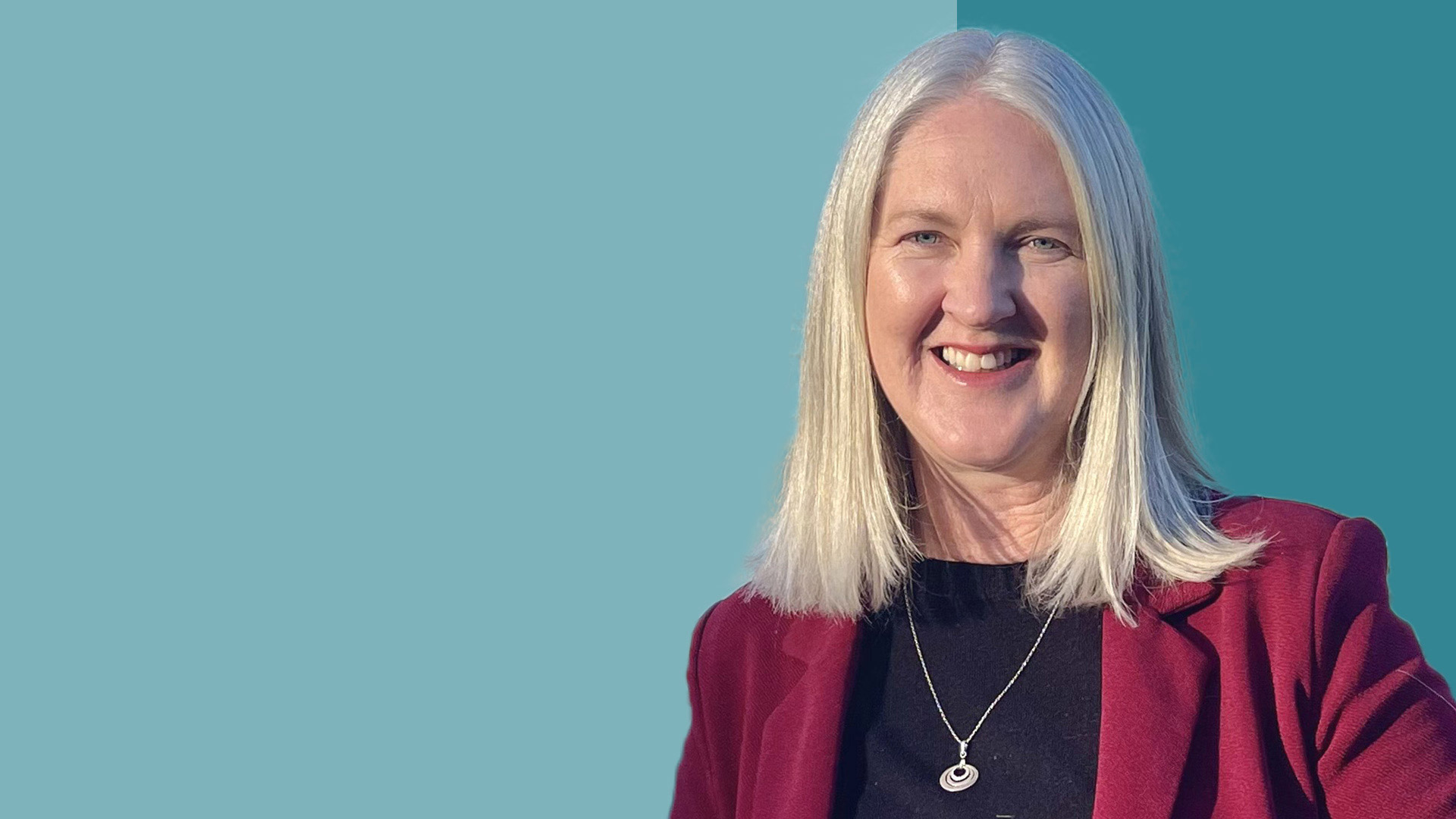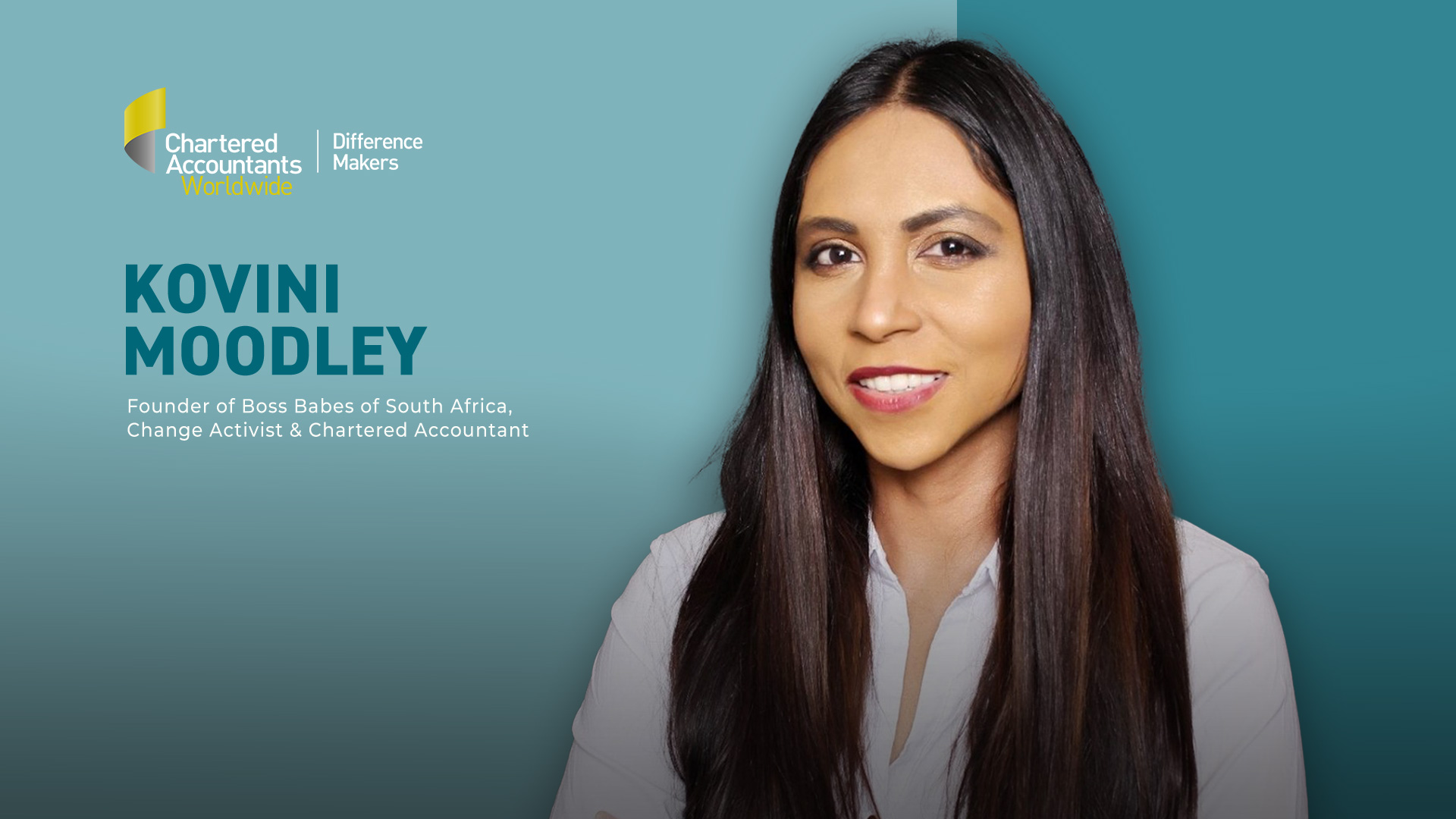Sustainability should be at the forefront of everyone’s agenda, and yet, for many businesses, both large and small, it’s not!
Too many industries are not making changes to improve sustainability at a rapid enough pace. Recent climate events – from heatwaves, floods and wildfires that are occurring regularly and globally are an indicator that man-made climate change is very much happening now. The problem of preserving our planet and the resources within it is everyone’s responsibility, regardless of the size of the organisation or where it is based.
As the nexus within businesses, Chartered Accountants are perfectly placed to help address this crisis. As trusted advisors, Chartered Accountants are at the centre of sustainability reporting and are key to helping companies embed sustainability-related goals and regulations and perform on-the-ground monitoring and measuring. They are there as agents of change and accountability.
But change for sustainability cannot rest on their shoulders alone.
The role of finance and business in meeting the UN’s 17 Sustainable Development Goals is crucial. The 2030 Agenda for Sustainable Development, adopted by all United Nations Member States in 2015, provides a shared blueprint for peace and prosperity for people and the planet, now and into the future. At its heart are the 17 Sustainable Development Goals (SDGs), which are an urgent call for action by all countries – both developed and developing – in a global partnership.
The UN SDGs recognise that ending poverty and other deprivations must go together with strategies that improve health and education, reduce inequality, and spur economic growth – all while tackling climate change and working to preserve our oceans and forests.
This was the 3rd time FinBiz2030 hosted a webinar as part of Indonesia’s APA Fest. The event was moderated by Iqbal Nastution, HR Talent and performance manager at Deloitte, the Indonesia Deputy of Diversity, Equality and Inclusion for Southeast Asia and One Young World Ambassador. He was joined by Michael Izza, CEO of Institute of Chartered Accountants England and Wales and Chairman of Chartered Accountants Worldwide, Kate Robertson, Co-Founder of One Young World, Robin Spierings, Program Manager at The Sustainable Flight Challenge, Wen-Yu Weng, a Clean Energy and Climate Response Principal Consultant at PA Consulting, Svanika Balasubramanian, Co-founder & CEO of rePurpose Global and Jonathan Labrey, Chief Connectivity, and Integrated Reporting Officer at the IFRS Foundation.
An audience of almost 2,000 from over 80 countries participated in the webinar. Our industry-leading panellists gave both a local – and global – perspective on the shared challenges facing us all and how we – and business – must change for sustainability to thrive.
Robin Spierings’ key insight:
Robin Spierings, Program Manager at The Sustainable Flight Challenge said, “We need to empower everyone to become more self-sufficient because ultimately everyone’s actions matter”.
Svanika Balasubramanian’s key insight:
Svanika Balasubramanian, Co-founder & CEO of rePurpose Global believed that “the biggest barrier to change was people’s pursuit of perfection”
Wen-Yu Weng’s key insight:
Wen-Yu Weng, a Clean Energy and Climate Response Principal Consultant at PA Consulting believes “that energy supplies to every household can be green and need not be done at a cost to our future generations”
Jonathan Labrey’s key insight:
Jonathan Labrey, Chief Connectivity, and Integrated Reporting Officer at the IFRS Foundation said “We need to look at the behaviours of the next generation to ensure businesses are sustainable for the future. He went on to say that when Chartered Accountants get behind a mission, they are the difference makers that can promote the changes in sustainability that are needed”.
The APA Fest FinBiz2030 Change for Sustainability webinar concluded with a lively roundtable discussion facilitated by Iqbal with all the speakers responding to questions from webinar participants. Some of the interesting topics included how circular economies are part of the future, how to break old habits to encourage a step change in business and how Chartered Accountants must be the agents of change within their organisations.













